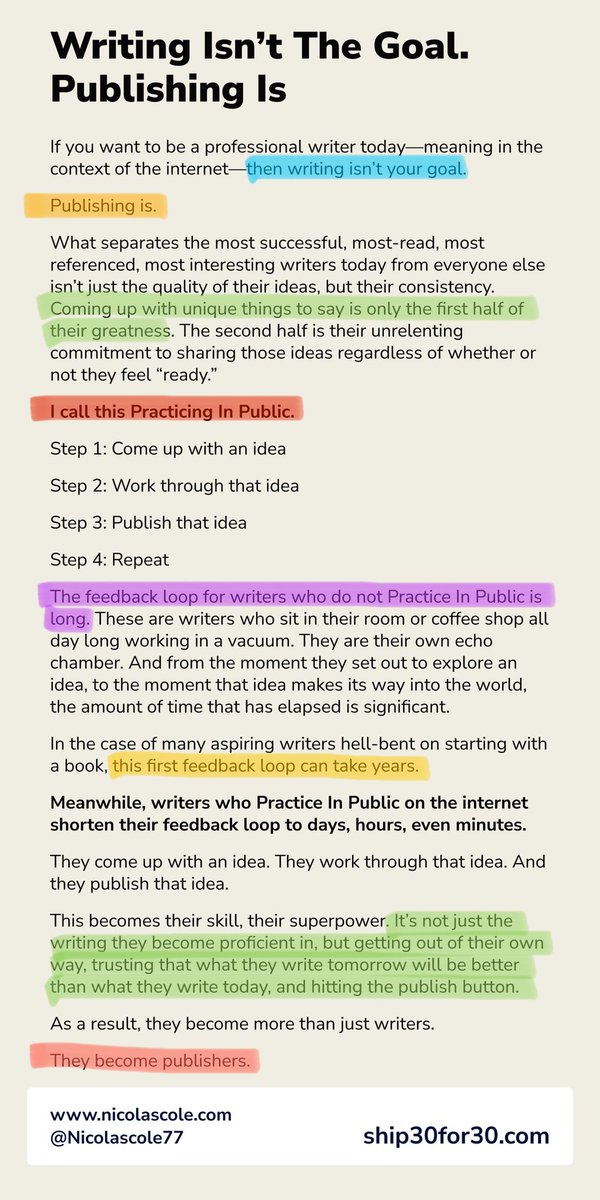Thiago "home can play" Alcantara
— Orsteen \U0001f489 (@_orsteen) January 22, 2021
Thiago \u201cthe ball Na your pikin, send am message\u201d Alcantara pic.twitter.com/IG4IwH07cK
— Man of Letters. (@Letter_to_Jack) January 22, 2021
Thiago 'Just dey go i don see you already' Alcantara
— Aremu Pokipoki (@prinzgbemi) January 22, 2021
Thiago "Play with your nearest man" Alcantara
— \xc0GB\xc0! (@Oli_Ekun) January 22, 2021
Thiago "Baba no worry, ball go come your side" Alcantara
— \U0001f981 (@Praiz_jr) January 22, 2021
Thiago \u201cdem no pump this ball well\u201d alcantara
— Nnamdi (@colourMebadHaze) January 22, 2021
Thiago "backman-can-play-thank-you-sir" Alcantara.
— Nux (@neosvy) January 21, 2021
Thiago "follow am baba, na your mate" Alcantara
— Tonnieblaise (@_Khachee) January 22, 2021
thiago \u201ci see that turning baba\u201d alcantara
— \xa3 (@Olowolabi_) January 22, 2021
Thiago "I see wetin you wan do there" Alcantara
— Re. (@aiRestotle) January 22, 2021
Thiago \u2018touch for me and go, this ball no be your property\u2019 Alcantara pic.twitter.com/dstGqIFazB
— Man of Letters. (@Letter_to_Jack) January 22, 2021
Thiago \u201cbaba follow am, na your ball\u201d Alcantara https://t.co/iQTCNgnoR3
— Rola (@kofoworola__a) January 22, 2021
Thiago "Man-on-you-experience-baba" Alcantara. https://t.co/NAUwRejPK4
— Nux (@neosvy) January 21, 2021
Thiago \u201cput am for my thinking\u201d Alcantara
— Nwakaibeya The Gallivanter (@the_csan) January 22, 2021
https://t.co/rYsgDBT8h3
Thiago \u201ctwo-touch is a sin\u201d Alcantara
— Man of Letters. (@Letter_to_Jack) January 22, 2021
Thiago " just move I go locate you " Alacleverley https://t.co/K5LQJDjiAY
— kenna (@kennagq) January 22, 2021
Thiago " Baba no play shot, make we knock dem till dem tire" Alcantara.
— KOLAJO. (@thealfredjones) January 22, 2021
Last one I promise\U0001f62d\U0001f62d\U0001f62d\U0001f62d
Thiago "no score make ball sweet" Alcantara. pic.twitter.com/vQDPntghsP
— SToKED 4L \xae\u2122 \U0001f451 (@AlexanderKing4L) January 22, 2021
Thiago "mark am na your mate" Alcantara
— Ctrl Alt de ligt (@the_prosperr) January 22, 2021
More from Sport
The group litigation seems to be in its early stages, but World Rugby & Unions will be starting to get twitchy.
THREAD on the key issues 👇🏼
Exclusive: Rugby faces group litigation action on concussion | @danscho1 reportshttps://t.co/i246r0c9IS
— Telegraph Rugby (@TelegraphRugby) December 7, 2020
1) Duty of care
Do the governing bodies (World Rugby, RFU, WRU etc) owe players a duty of care in respect of their health and safety? The answer is almost certainly yes (see for example Watson v BBBoC).
2) Breach of duty
Have the governing bodies breached this duty? This is the first of the major hurdles for any litigation.
The question is essentially whether they acted reasonably in the circumstances.
Did they know about the dangers of concussion and fail to act?
Or should they have done more to discover the dangers of concussion but failed to do so?
The NFL case was based on the fact that the NFL knew of the dangers and covered them up. I’d suggest that’s unlikely here. However, it may be that WR/Unions should have done more sooner.
Much will depend upon the state of medical/scientific understanding of concussion at the relevant times.
For example, in the early 80s it may be that there was no indication that concussion might cause long-term complications but, by the early 2000s, there was.
It is hardly phony, especially on social media, to refer to IS-LM models and the like as \u201cKeynesian.\u201d Krugman pushing it and, for better or worse, rising in popularity.
— tylercowen (@tylercowen) January 17, 2021
Like many people, I enjoy reading Tyler's blog. But there are times (alright, many times) I disagree with him. This is no big deal. I also disagree with myself sometimes (especially my past self). But his recent post left me
What is he trying to say here? After thinking about it for a bit, I think he's critiquing the idea that "running the economy hot" leads to employment *and* real wage gains. Perhaps the former, but only at the expense of the latter. At least, this is what a textbook IS-LM model
tells us if one "runs the economy hot" through increased fiscal stimulus (on consumption and transfers, not public infrastructure investment). If this is what he meant, then he should have just said so, instead of labeling this a "Keynesian" proposition.
In fact, this property follows as a *neoclassical* proposition that is embedded in the IS-LM framework. (For non-economists, note that Keynes did not invent IS-LM; the framework was developed later by Hicks as an interpretation of *some* parts of the General Theory.)
























